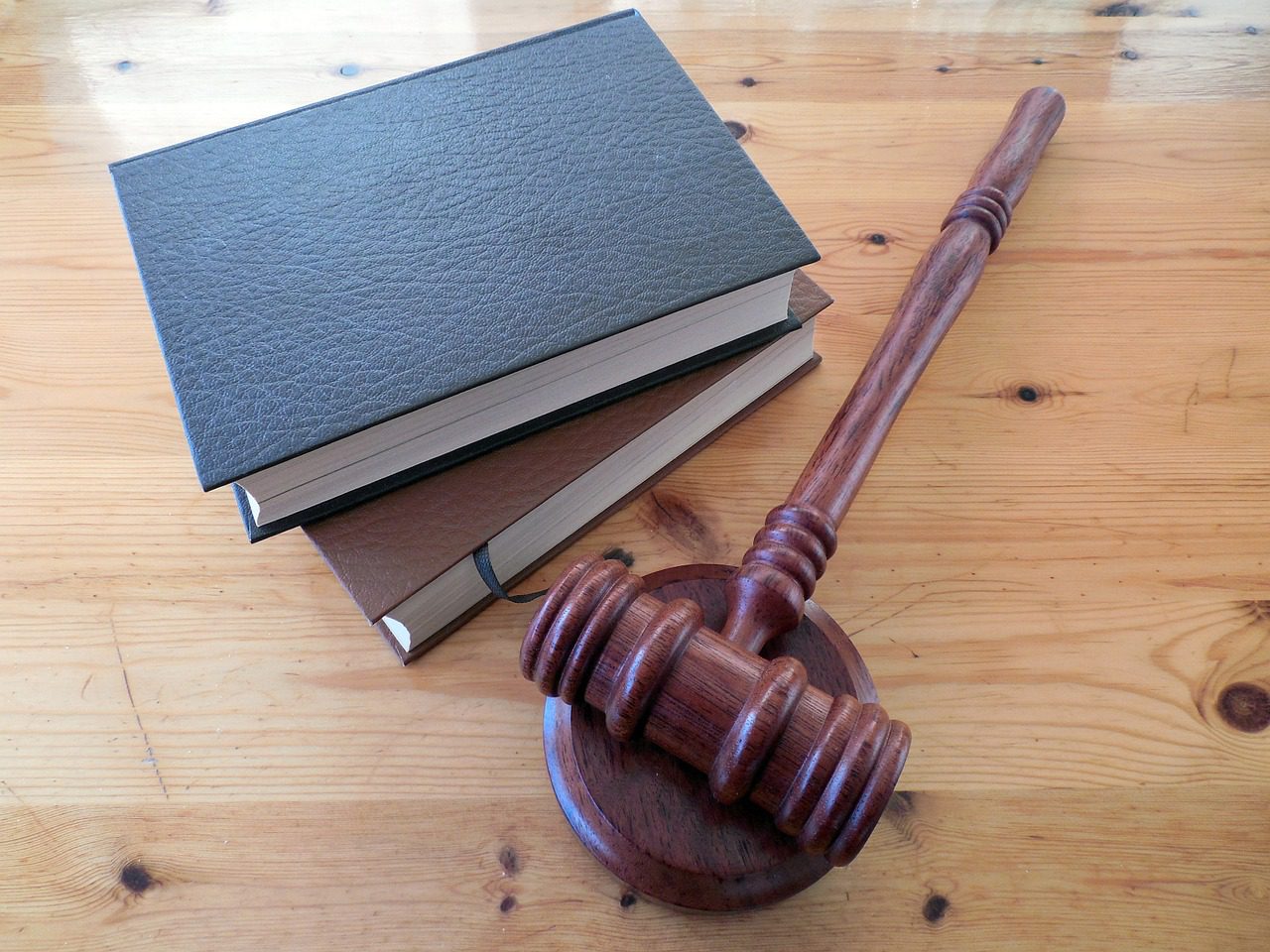A landmark legal challenge against the cost of extending the lease on a London flat, which could have changed the way lease extensions are calculated for millions of people across the country, has failed after the court of appeal ruled in favour of the freeholder.
The landlord who owns the freehold to a small flat in Chelsea, part of the Sloane Stanley Estate, was asking the leaseholder to pay £420,000 to extend the lease, which had fallen to under 23 years. After a long-running dispute, the case – Mundy vs the Sloane Stanley Estate – ended up in the court of appeal.
Sadly for the challenger behind the case, surveyor James Wyatt who owns Parthenia Valuation, the court ruled in favour of the freeholder. Wyatt had put forward the argument that the methods used to work out lease extension costs were outdated and unfair on leaseholders, and proposed a new method of calculation, which many had hoped could slash the cost by as much as half.
Kerry Glanville, a senior partner at Pemberton Greenish, said: “The court of appeal has today handed down its decision in the Mundy case. Effectively, the Parthenia model deployed on behalf of the tenant … has been consigned to history, at least in its current form.
“This case shows, however, that until the ‘holy grail’ for determining relativity is found, the courts and tribunals will tend to favour a valuation approach which is based as closely as possible on relevant market evidence and the application of valuation judgement and experience in applying appropriate adjustments.”
A ‘devastating’ outcome
Wyatt has voiced has intention to continue to fight against what he considers to be the unfair system, and the government has also spoken out against the current processes, promising to work with the Law Commission to make it “easier, faster and cheaper”.
Louie Burns, managing director of Leasehold Solutions, said the outcome was “devastating for leaseholders up and down the country”.
He added: “The court’s decision to uphold a lower relativity in leasehold valuations means that freeholders will receive even more money from leaseholders, as leaseholders will now be forced to pay more for their lease extensions – to the tune of many millions of pounds.
“The valuations model at the heart of this case estimates that leaseholders are currently being overcharged by £480m a year. Over the past two decades that’s a staggering £9.6bn that has been taken from householders due to flawed valuation methods that have favoured freeholders at the expense of leaseholders.”










